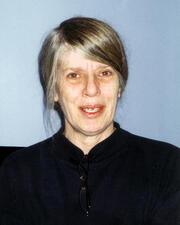Activism: Community Organizing

Helen Goldmark Adler
Helen Goldmark Adler is remembered for her philanthropic achievements and her marriage to Felix Adler, philosopher and founder of the Ethical Culture Movement. In turn-of-the-century New York, Adler penned articles, established a free kindergarten for children with working-class parents, and founded an organization focused on the science of child-rearing.
Ray Alexander (Simons)
Anna Marks Allen
Anna Marks Allen was part of a group of Philadelphia Jewish women who established and ran the first independent Jewish charitable societies in the United States. At a time when congregational Jewish life was restricted to men, Jewish women of Allen’s social status increasingly turned towards philanthropy as a way to participate in the public life of the Jewish community.
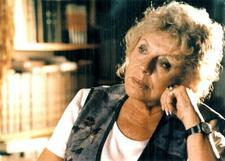
Shulamit Aloni
Shulamit Aloni, Member of the Knesset and Minister, was an important champion of human rights, civil rights, religious freedom, and the Palestinian right to self-determination. As founder and head of the Ratz and then Meretz party, she spearheaded progressive politics in Israel both on the formal level and in civil society for over half a century.
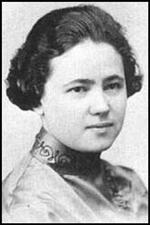
Anarchists, American Jewish Women
Dora Askowith
Dora Askowith, author, historian, and college educator, believed that a knowledge of Jewish women’s history would serve as a catalyst for organization, activism, and moral leadership. She taught women at Hunter College for a total of forty-five years and wrote that she was anxious to teach college students Jewish history because they were “poorly versed in the history of their own faith.”

Assimilation in the United States: Nineteenth Century
Associazione Donne Ebree D'Italia (ADEI)
The Association of Italian Jewish Women, or ADEI, was founded in 1927 in the city of Milan, Italy, home to the second largest Jewish community in the country.

B'nai B'rith Women
Created at the beginning of the twentieth century, B’nai B’rith Women expanded its role during both World Wars. Although gender roles after World War II reverted to a more conventional structure, in the 1960s BBW shifted its efforts to reflect the antipoverty and feminist campaigns of the period.
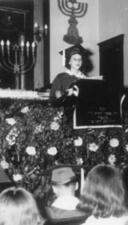
Elaine DeLott Baker
Lizzie Spiegel Barbe
Lizzie Spiegel Barbe, a member of a prominent Chicago family, devoted more than fifty years of her life to being a clubwoman and leader within the Chicago Jewish community. Like other “Jewish Clubwomen” of this era, Barbe was motivated to establish leadership roles for women that had previous not existed within the organized Jewish community.
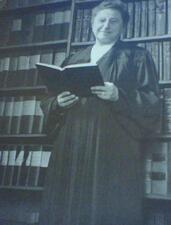
Jennie Loitman Barron
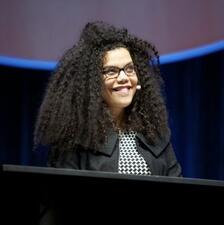
April Baskin
Matilde Bassani Finzi
Matilde Bassani Finzi was an active Italian anti-fascist who relentlessly fought the injustices of Mussolini and the Nazis. She continuously worked towards the ideals in which she believed: freedom, democracy, and equality for women.
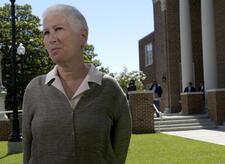
Rita Schwerner Bender
Beatrice Berler
Beatrice Berler was an award-winning translator of Spanish-language novels and history and a renowned community activist. She worked in women’s fashion for over twenty years before returning to school at the age of forty-five, eventually becoming nationally recognized as a literacy activist.
Rebecca Thurman Bernstein
Rebecca Thurman Bernstein was lauded by local and national organizations for her efforts to improve health care, literacy, and Jewish life in Portland, Maine. Bernstein was proud of her Jewish heritage and worked for many Jewish causes, but her interests were not limited to or by her Jewishness.
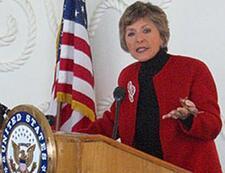
Barbara Boxer
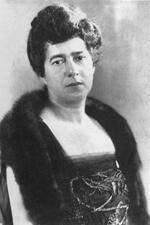
Rose Brenner
As president of the National Council of Jewish Women, Rose Brenner focused on inclusion of people who were often marginalized—the deaf, the blind, and those isolated in rural areas.
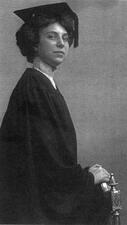
Jeanette Goodman Brill
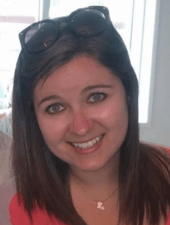
Sally Bronston
Shifra Bronznick

Elana Brownstein
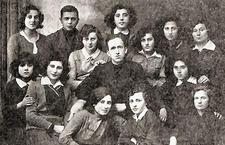
Women in the Bund
Jewish women played leading roles in the formative years of the General Jewish Workers’ Bund, which was established in the Tsarist Empire in 1897, and initially participated in the movement in large numbers. However, the Bund had somewhat less success in mobilizing women in independent Poland between the two world wars than it had during the Tsarist era.
